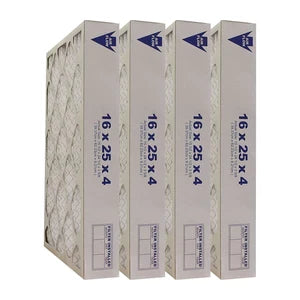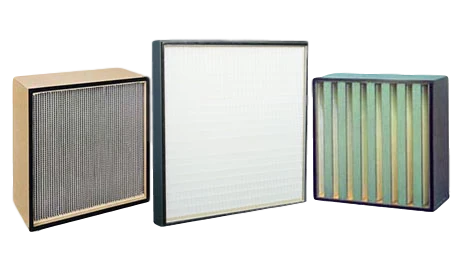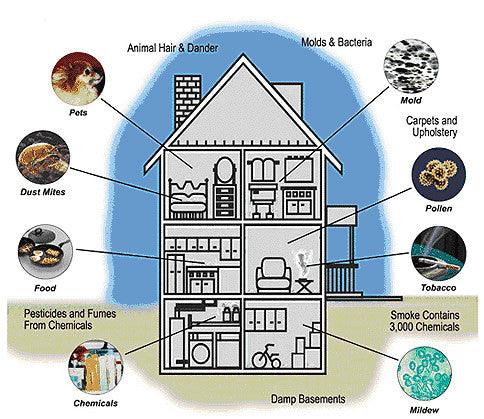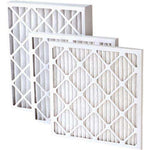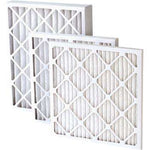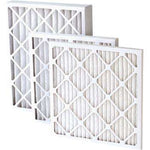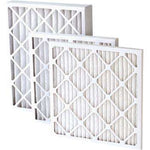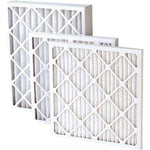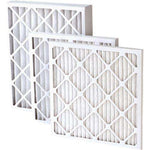You have no items in your shopping cart.
Indoor air quality (IAQ) is an important environmental factor to consider. Considering that we spend around ninety percent of our time inside, we have to do everything feasible to enhance the air we breathe. During the power crisis of the seventies, Canadians began to “tightly” close their workplaces and homes in order to save energy. Fast forward today, we often find larger, extended families falling under the same roof. In many cases, the adults are working with much less time to care for the home. Air flow as well as cleanliness play vital parts in maintaining good air quality; although, the indoor atmosphere is impacted by many contributing factors.
There are many factors that can affect the quality of the interior air in your home. Tobacco smoke, radon, pet dander, mold, as well as cooking smells are some common contributors. Renovations and remodeling, new furniture, new carpet installation, freshly painted walls, air fresheners, or even caulking and adhesives - there are many sources of interior air pollution. Not to be overlooked, think of all those products used for household cleaning. It’s important to read the labels on the items you bring into your home. When used, you and your family members will be exposed in the confines of your home.
What this illustrates is that homeowners need take a look at the whole picture. Everyday items we purchase and bring into well-constructed homes, offset VOC’s (Volatile Organic Compounds), (sometimes referred to as “off-gassing”).
It is important that your home has adequate ventilation. Your HVAC system plays a vital role in this function. A quality furnace or air conditioner filter (the same thing) goes a long way in filtrating out airborne particles, debris and smells. Regular maintenance, which includes examining and replacing the filter, when required, is key.
Home should always be a place of comfort and enjoyment. So be aware of your indoor air quality and take steps to reduce or eliminate factors that could cause potential health issues. Your body will thank you!
Indoor air quality (IAQ) is an important environmental factor to consider. Considering that we spend around ninety percent of our time inside, we have to do everything feasible to enhance the air we breathe. During the power crisis of the seventies, Canadians began to “tightly” close their workplaces and homes in order to save energy. Fast forward today, we often find larger, extended families falling under the same roof. In many cases, the adults are working with much less time to care for the home. Air flow as well as cleanliness play vital parts in maintaining good air quality; although, the indoor atmosphere is impacted by many contributing factors.
There are many factors that can affect the quality of the interior air in your home. Tobacco smoke, radon, pet dander, mold, as well as cooking smells are some common contributors. Renovations and remodeling, new furniture, new carpet installation, freshly painted walls, air fresheners, or even caulking and adhesives - there are many sources of interior air pollution. Not to be overlooked, think of all those products used for household cleaning. It’s important to read the labels on the items you bring into your home. When used, you and your family members will be exposed in the confines of your home.
What this illustrates is that homeowners need take a look at the whole picture. Everyday items we purchase and bring into well-constructed homes, offset VOC’s (Volatile Organic Compounds), (sometimes referred to as “off-gassing”).
It is important that your home has adequate ventilation. Your HVAC system plays a vital role in this function. A quality furnace or air conditioner filter (the same thing) goes a long way in filtrating out airborne particles, debris and smells. Regular maintenance, which includes examining and replacing the filter, when required, is key.
Home should always be a place of comfort and enjoyment. So be aware of your indoor air quality and take steps to reduce or eliminate factors that could cause potential health issues. Your body will thank you!
